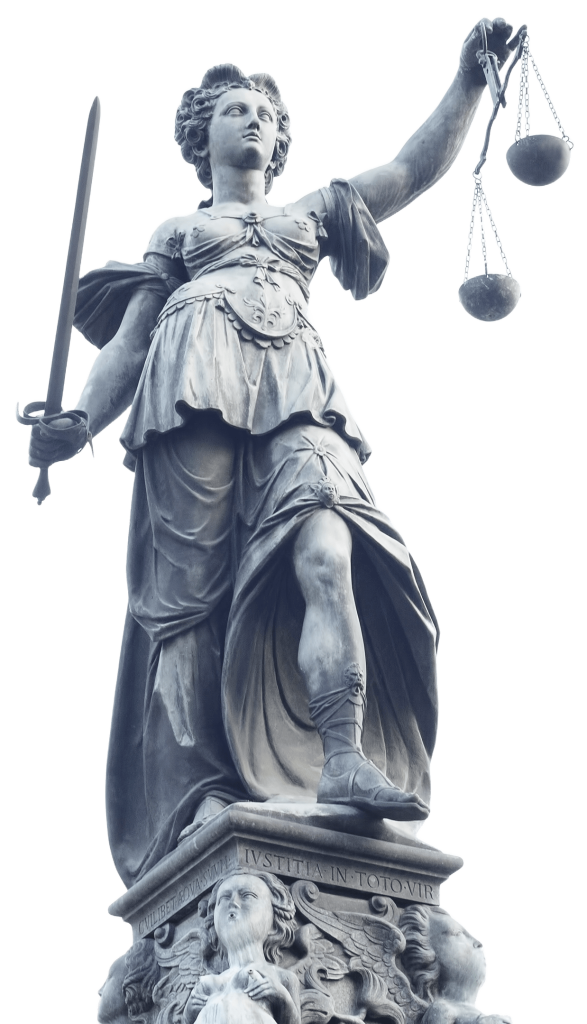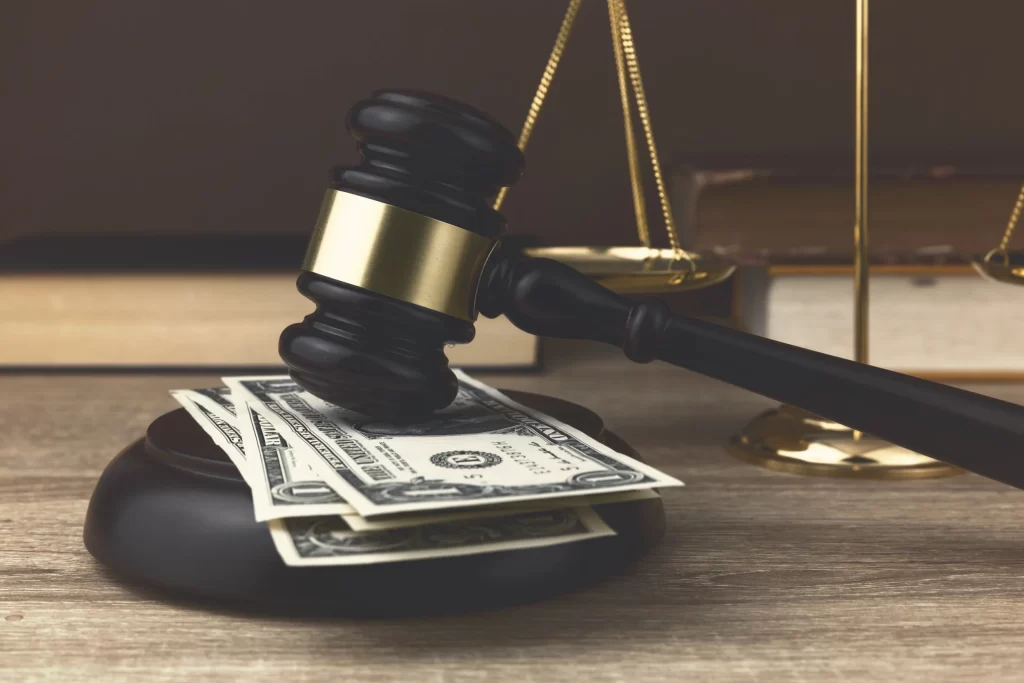
Are you struggling with overwhelming debt and financial hardship? The process of filing for bankruptcy can be daunting, but it doesn’t have to be. With the help of our skilled bankruptcy lawyer, you can navigate the complex legalities of bankruptcy and find the debt relief you need. Bankruptcy lawyer Jon L. Martin is here to provide you with valuable insights and guide you through the journey of finding debt solutions. Whether you’re facing personal financial challenges or representing a business, our experienced bankruptcy attorney understands the stress and uncertainty that comes with overwhelming debt.
Filing for bankruptcy in the Treasure Coast may seem overwhelming, but it’s important to remember that it can offer a fresh start and a chance to rebuild your financial future. Our skilled bankruptcy lawyer will work closely with you to assess your situation, analyze your debt, and help determine the best course of action.
Understanding Bankruptcy: An Overview
Bankruptcy is a legal process that provides individuals with a fresh start in their financial lives. It offers relief to those who find themselves facing overwhelming debt and financial hardship. By filing for bankruptcy, individuals can seek protection from debt collectors, stop legal proceedings, and work towards rebuilding their financial stability. Understanding the purpose of bankruptcy and the process of filing for bankruptcy is essential for anyone considering this debt relief option.
Purpose of Bankruptcy
The purpose of bankruptcy is to provide individuals with a fresh start by addressing their financial hardship and overwhelming debt. It allows individuals to regain control of their financial situation and seek relief from the burden of debt. Bankruptcy is governed by bankruptcy law, which outlines the legal process and requirements for filing. By filing for bankruptcy, individuals can start afresh, free from the constant stress of unpaid bills, harassing debt collectors, and impending legal actions.
Bankruptcy offers a way for individuals to address financial hardship and seek relief from various types of debt. Whether it’s credit card bills, medical expenses, student loans, or personal loans, bankruptcy provides a legal framework to address these financial obligations. By filing for bankruptcy, individuals can put an end to the stress and anxiety caused by mounting debt, garnishments, and collection efforts. It’s a chance to wipe the slate clean and start rebuilding their financial lives.
Process of Filing for Bankruptcy
Filing for bankruptcy involves a series of legal proceedings and paperwork. The first step is to consult with a bankruptcy attorney who can guide you through the process and help determine the best course of action for your unique situation. Once you’ve decided to move forward with bankruptcy, you’ll need to file a bankruptcy petition with the bankruptcy court.
The bankruptcy petition includes detailed information about your financial situation, income, expenses, and types of debt. This information is crucial in determining if you qualify for bankruptcy and which type of bankruptcy is most appropriate for your situation.
In order to file for bankruptcy, you may also need to undergo a means test. This test evaluates your income and determines whether you have the means to repay your debts. The means test helps ensure that bankruptcy relief is available to those who truly need it. If you pass the means test, you can proceed with filing for bankruptcy. If not, your attorney can explore alternative options for debt relief.
Once your bankruptcy petition is filed, an automatic stay goes into effect. This stay prohibits debt collectors from contacting you or pursuing legal action against you. It provides immediate relief and protection, allowing you to focus on the bankruptcy process without the constant stress of collection efforts. From there, the bankruptcy court will review your case, and if approved, a bankruptcy discharge will be issued, relieving you of your debt obligations. The process typically takes several months, but it offers a way out of financial hardship and a fresh start.
Different Types of Bankruptcy in Florida
Bankruptcy law provides different types of bankruptcy, each with its own set of rules and requirements. Understanding the differences between these types of bankruptcy is essential in determining which option is best for your situation.

Subchapter 5 of Chapter 11 Bankruptcy
Subchapter 5 of Chapter 11 bankruptcy is a specific provision designed to help small businesses restructure their debts and stay afloat. It offers a streamlined process that can provide relief for business owners facing financial challenges.
One key advantage of Subchapter 5 bankruptcy is that it allows for greater flexibility in debt repayment plans. Unlike traditional Chapter 11 bankruptcy, which can be complex and costly, Subchapter 5 provides a simplified approach specifically tailored to the needs of small businesses.
Under Subchapter 5, the business owner works with a trustee appointed by the court to develop a feasible repayment plan. This plan takes into consideration the business’s income, expenses, and overall financial situation. The repayment plan typically lasts for three to five years, during which time the business makes monthly payments to creditors.
Another advantage of Subchapter 5 bankruptcy is that it provides more control to the business owner. Unlike traditional Chapter 11 bankruptcy, where creditors may have significant power in decision-making, Subchapter 5 allows the business owner to retain control of their business operations while working towards resolving their debts.
In addition, Subchapter 5 offers certain benefits that are not available in other forms of bankruptcy. For example, it allows for the reduction or elimination of certain debts, such as unsecured debt. This can provide much-needed relief for small businesses burdened by overwhelming financial obligations.
Furthermore, Subchapter 5 bankruptcy offers expedited timelines for key aspects of the bankruptcy process. This means that small business owners can potentially resolve their financial difficulties more quickly, allowing them to focus on restoring their business and getting back on track.
It’s important to note that Subchapter 5 is specifically designed for small businesses with debts under a certain threshold. To qualify, a business must have a total debt of no more than $2,500,000. This threshold was raised from its previous limit of $2,725,625 under the Small Business Reorganization Act of 2019, making Subchapter 5 bankruptcy accessible to a broader range of small businesses.
By filing for Subchapter 5 bankruptcy, small business owners can take advantage of these unique benefits and protections to navigate their financial challenges more effectively. The repayment plan and reduced debt obligations can provide a much-needed lifeline for businesses struggling with overwhelming financial burdens.
However, it’s crucial for small business owners to consult with an experienced bankruptcy lawyer who focuses on Subchapter 5 bankruptcy to fully understand their options and navigate the process successfully. Our experienced bankruptcy lawyer has the knowledge and expertise to guide small business owners through the complexities of Subchapter 5 bankruptcy, ensuring that they meet all the requirements and take full advantage of the available benefits.
Chapter 7 Bankruptcy
Chapter 7 bankruptcy, also known as liquidation bankruptcy, involves the sale of assets to repay creditors. It is typically the quickest and simplest form of bankruptcy. In Chapter 7 bankruptcy, a bankruptcy trustee is appointed to oversee the process. The trustee will sell any non-exempt assets to pay off as much debt as possible. However, many assets, such as necessary household items, personal belongings, and retirement accounts, are usually exempt from liquidation.
Once the assets have been liquidated, the remaining eligible debts are discharged, providing individuals with relief from their financial obligations. Dischargeable debts in Chapter 7 bankruptcy typically include credit card debt, medical bills, personal loans, and other unsecured debts. However, certain types of debt, such as student loans and child support, are generally not dischargeable. Consulting with our bankruptcy lawyer can help determine which types of debt can be discharged in Chapter 7 bankruptcy.
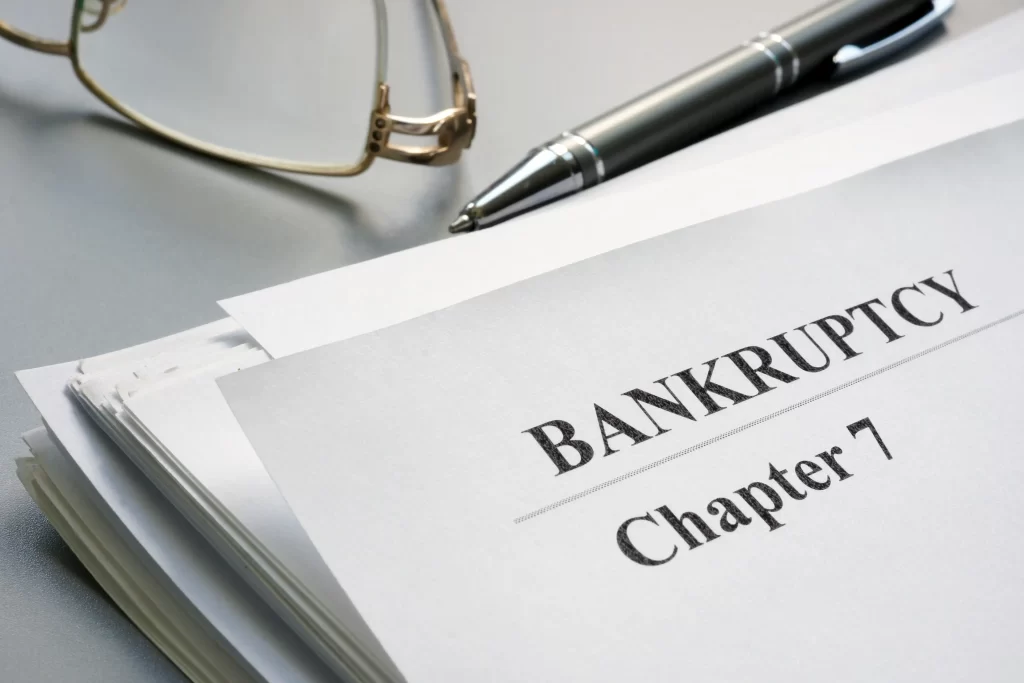
Chapter 11 Bankruptcy
Chapter 11 bankruptcy, also known as reorganization bankruptcy, is commonly used by businesses facing financial distress. Unlike Chapter 7 bankruptcy, Chapter 11 allows businesses to continue operating while they develop a plan to repay their debts over time. This type of bankruptcy is more complex and involves negotiating with creditors and presenting a proposed plan for reorganization.
In Chapter 11 bankruptcy, the business debtor becomes a “debtor-in-possession,” meaning they continue running the company and make decisions regarding its operations. However, the debtor-in-possession must seek approval from the bankruptcy court for significant transactions and major decisions that will impact the company’s financial affairs. This ensures transparency and accountability throughout the reorganization process.
One of the key aspects of Chapter 11 bankruptcy is presenting a proposed plan of reorganization to creditors. This plan outlines how the business intends to repay its debts while also restructuring its operations to become financially stable. It may involve renegotiating contracts, reducing expenses, or even selling certain assets.
Creditors then have the opportunity to vote on whether they accept or reject the proposed plan. If the majority of creditors approve, the court will confirm the plan, and it becomes binding on all parties involved. This allows the business to move forward with its reorganization efforts and work towards regaining financial stability.
It is important to note that Chapter 11 bankruptcy can be a lengthy and complex process. It requires the expertise of a skilled bankruptcy lawyer who focuses on this type of case. Our knowledgeable bankruptcy lawyer can guide businesses through each step of the process, including developing a feasible reorganization plan, negotiating with creditors, and seeking court approval.
Furthermore, our bankruptcy attorney can help determine which types of debt can be discharged in Chapter 11 bankruptcy. While some debts may be eligible for discharge, others may need to be repaid in full or restructured through the proposed plan. This is where the expertise of our bankruptcy lawyer becomes invaluable.
In addition to guiding businesses through the legal complexities of Chapter 11 bankruptcy, our bankruptcy lawyer can also provide strategic advice to maximize the chances of a successful reorganization. He can assess the business’s financial situation, analyze its assets and liabilities, and help develop a realistic repayment plan that satisfies creditors’ expectations.
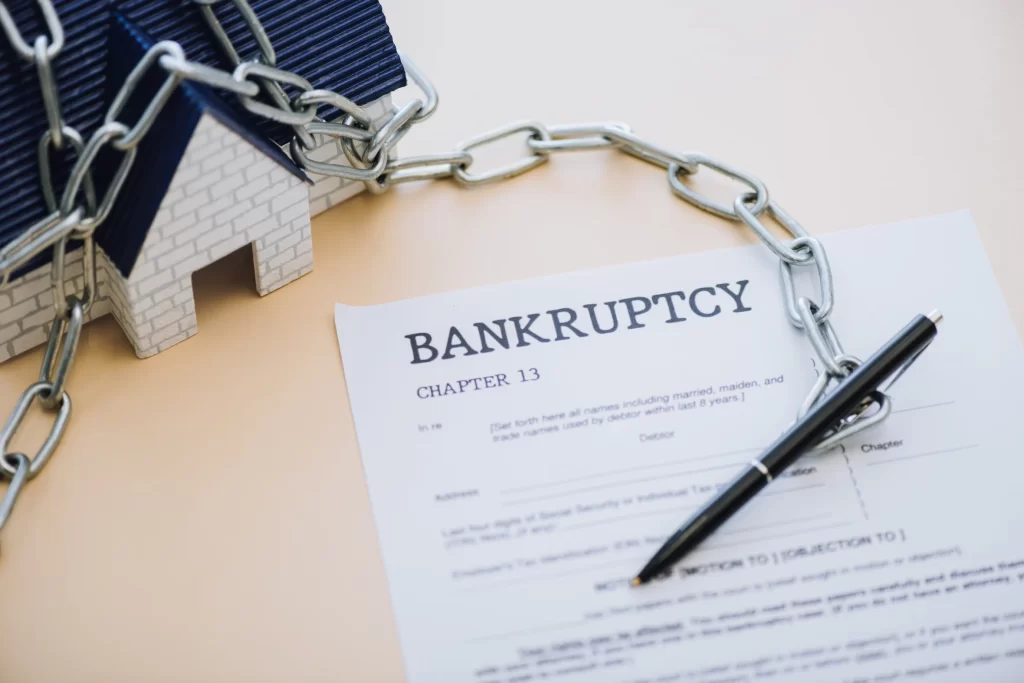
Chapter 13 Bankruptcy
Chapter 13 bankruptcy, also known as reorganization bankruptcy, involves creating a repayment plan to pay off debt over time. This type of bankruptcy is best suited for individuals with a steady income who want to retain their assets, such as their home or car.
In Chapter 13 bankruptcy, individuals work with their bankruptcy attorney to develop a repayment plan based on their income and expenses. The plan typically lasts three to five years, during which individuals make monthly payments to a bankruptcy trustee. The trustee then distributes the payments to creditors according to the plan. Unlike Chapter 7 bankruptcy, Chapter 13 bankruptcy does not involve liquidation of assets, but rather focuses on debt repayment.
Chapter 13 bankruptcy provides individuals with an opportunity to reorganize their debt, catch up on missed mortgage or car payments, and regain financial stability. It offers a viable option for those who have a steady income but need help managing their debt. By adhering to the repayment plan, individuals can successfully complete Chapter 13 bankruptcy and discharge any remaining eligible debts. Contact our bankruptcy lawyer today to learn more on how Chapter 13 bankruptcy may be able to help you.
Debts That Cannot Be Erased Through Bankruptcy
While bankruptcy offers debt relief, not all types of debt can be eliminated through bankruptcy. It is important to understand which debts are non-dischargeable, as they will still be your responsibility even after filing for bankruptcy.
List of Non-dischargeable Debts in Bankruptcy
- Student Loans: In most cases, student loans cannot be discharged through bankruptcy. Exceptions are rare and require proving "undue hardship."
- Alimony and Child Support: Bankruptcy does not discharge obligations for alimony and child support. These payments must still be made.
- Tax Debts: Certain types of tax debts, such as income tax, can be discharged in bankruptcy, but others, such as property taxes, cannot.
- Court Fines and Penalties: Debts resulting from court fines, traffic tickets, or legal penalties are not dischargeable.
- Debts Incurred Through Fraud: Any debts obtained through fraudulent means, such as credit card fraud, cannot be discharged in bankruptcy.
- It's important to consult with a bankruptcy attorney to fully understand which types of debt can and cannot be eliminated through bankruptcy. They can provide guidance specific to your situation and help navigate the complexities of bankruptcy law. By addressing non-dischargeable debts separately, you can develop a plan to manage these obligations effectively.
Benefits of Hiring a Bankruptcy Lawyer
Navigating the bankruptcy process on your own can be overwhelming and challenging. Hiring a bankruptcy lawyer is highly recommended. They can provide the guidance, support, and legal expertise necessary to navigate the bankruptcy process successfully. Here, we will discuss the benefits of hiring a bankruptcy lawyer.
Bankruptcy Attorney's Professional Guidance
One of the key benefits of hiring a bankruptcy attorney is the professional guidance and support they provide. Our bankruptcy attorney can assess your financial situation, explain your legal options, and guide you through the bankruptcy process. He has a deep understanding of bankruptcy law, court procedures, and can ensure that all required paperwork is properly completed and filed.
From the initial consultation, our bankruptcy lawyer can review your case, provide legal advice, and determine the best bankruptcy option for your unique situation. He can communicate with creditors on your behalf, handle any legal proceedings, and protect your rights throughout the process. With his expertise, you can make informed decisions and pursue the best course of action for your financial future.
Our attorney for bankruptcy offers a free initial consultation, allowing you to discuss your situation and explore your options without any financial obligation. This initial consultation is an opportunity to ask questions, gather information, and evaluate whether bankruptcy is the right choice for you. By taking advantage of this consultation, you can gain valuable insights into the bankruptcy process and determine if hiring a bankruptcy lawyer is the best way to navigate it successfully.
Bankruptcy Attorney Navigating the Legal System
Navigating the legal system can be overwhelming, particularly when dealing with bankruptcy. Our bankruptcy lawyer can help you navigate the intricacies of the bankruptcy process, ensuring that all necessary paperwork is completed correctly, and legal proceedings are followed.
Our bankruptcy law firm has a deep understanding of bankruptcy law, court procedures, and the specific requirements of filing for bankruptcy. We can guide you step-by-step through the process, ensuring that you meet deadlines, provide accurate financial information, and comply with court requirements. By having our bankruptcy lawyer on your side, you can navigate the bankruptcy process with confidence, knowing that your case is being handled efficiently and professionally.
Additionally, our bankruptcy lawyer can represent you in court, if necessary, advocating for your best interests. We have experience dealing with creditors, negotiating with opposing parties, and presenting your case in a way that maximizes your chances of a successful outcome. Understanding the bankruptcy process and having someone who can navigate the legal system for you can significantly alleviate stress and increase your chances of a positive resolution.
Choosing the Right Bankruptcy Attorney
When choosing legal representation with a Port St. Lucie bankruptcy attorney, it’s crucial to consider various factors. The bankruptcy attorney’s experience, expertise in bankruptcy law, and success rate are key. Additionally, assessing their knowledge of local regulations in St. Lucie and Martin County is essential for a smoother process. Evaluating their communication style and dedication to your case is vital for a positive attorney-client relationship.
Factors to Consider When Choosing a Bankruptcy Attorney
Importance of a Bankruptcy Lawyer's Reputation
The Value of a Bankruptcy Attorney
What to Expect from Your Bankruptcy Lawyer
Understanding what to anticipate from your bankruptcy attorney is crucial. They will guide you through your legal options, provide support, and represent you in court if necessary. Our bankruptcy attorney acts as a debt relief agency, offering professional advice on the different types of bankruptcy options. They will help find the best way to relieve your debts, whether in Saint Lucie or Martin County. Understanding their role is important for a successful bankruptcy case.
Role of a Bankruptcy Lawyer in the Debt Relief Process
Our bankruptcy attorney in Port St. Lucie plays a key role in providing legal and financial support for debt relief. Jon Martin offers services such as bankruptcy assistance, loan modifications, and solutions for financial stress. Choosing our experienced bankruptcy lawyer can lead to financial stability and legal options for credit repair. Additionally, our bankruptcy lawyer handles legal proceedings and provide representation for bankruptcy cases, offering support and guidance throughout the process. For individuals and businesses seeking a bankruptcy lawyer, our experienced bankruptcy lawyer serves all of the Treasure Coast.
Bankruptcy Attorney's Responsibilities in Filing Your Case
When filing for bankruptcy, a competent attorney assumes various essential responsibilities. These include overseeing the accurate completion and filing of all necessary bankruptcy forms, as well as representing you during legal proceedings. Furthermore, a proficient bankruptcy lawyer can provide valuable assistance with bankruptcy services, credit record implications, and available financial options such as personal loans. In St. Lucie and Martin County, Jon L. Martin is a respected bankruptcy lawyer who plays a crucial role in guiding clients through the bankruptcy process and offering debt relief services.
Bankruptcy Frequently Asked Questions
The Impact of Bankruptcy on Credit Scores
Bankruptcy can have a significant negative impact on credit scores, as it remains on credit reports for up to 10 years. Rebuilding credit after bankruptcy may require time and effort. Consulting with our bankruptcy attorney can help you understand the potential impact on your credit score.
Can You Prevent Repossessions and Foreclosures?
Preventing repossession and foreclosure is possible through bankruptcy. Filing for bankruptcy grants an automatic stay that stops creditors from taking action against your property. Depending on the type of bankruptcy, you may be able to retain certain assets like your home or car. Consult our bankruptcy lawyer to explore options.
How Does a Reaffirmation Agreement Work?
A reaffirmation agreement in bankruptcy allows debtors to keep secured property by continuing to make payments. Consult our bankruptcy lawyer before signing, as it must be approved by a judge and should be in your best interest.
Searching for "Bankruptcy Lawyer Near Me?" Contact Jon L. Martin Today!
If you have been searching for a “bankruptcy lawyer near me,” contact Jon L. Martin today! Hiring our bankruptcy lawyer can greatly benefit you during the debt relief process. He can provide professional guidance and support, helping you navigate the complex legal system with ease. Our skilled bankruptcy lawyer will play a crucial role in filing your case and ensuring your rights are protected. He will also be responsible for negotiating with creditors and representing you in court if necessary. While bankruptcy may have an impact on your credit scores, our bankruptcy lawyer can help you explore options to prevent repossession and foreclosure. If you’re facing financial difficulties, don’t hesitate to contact bankruptcy lawyer Jon L. Martin today to discuss your options and find the best solution for your unique situation.

